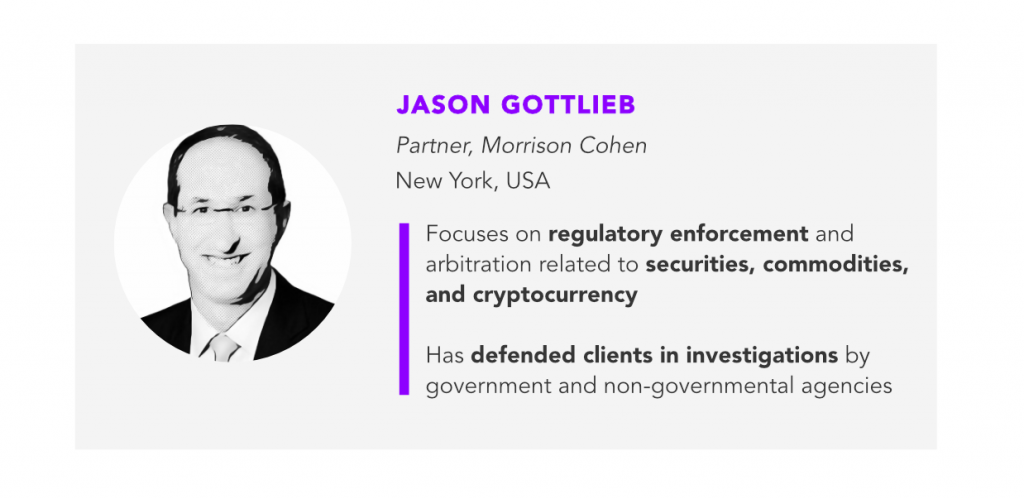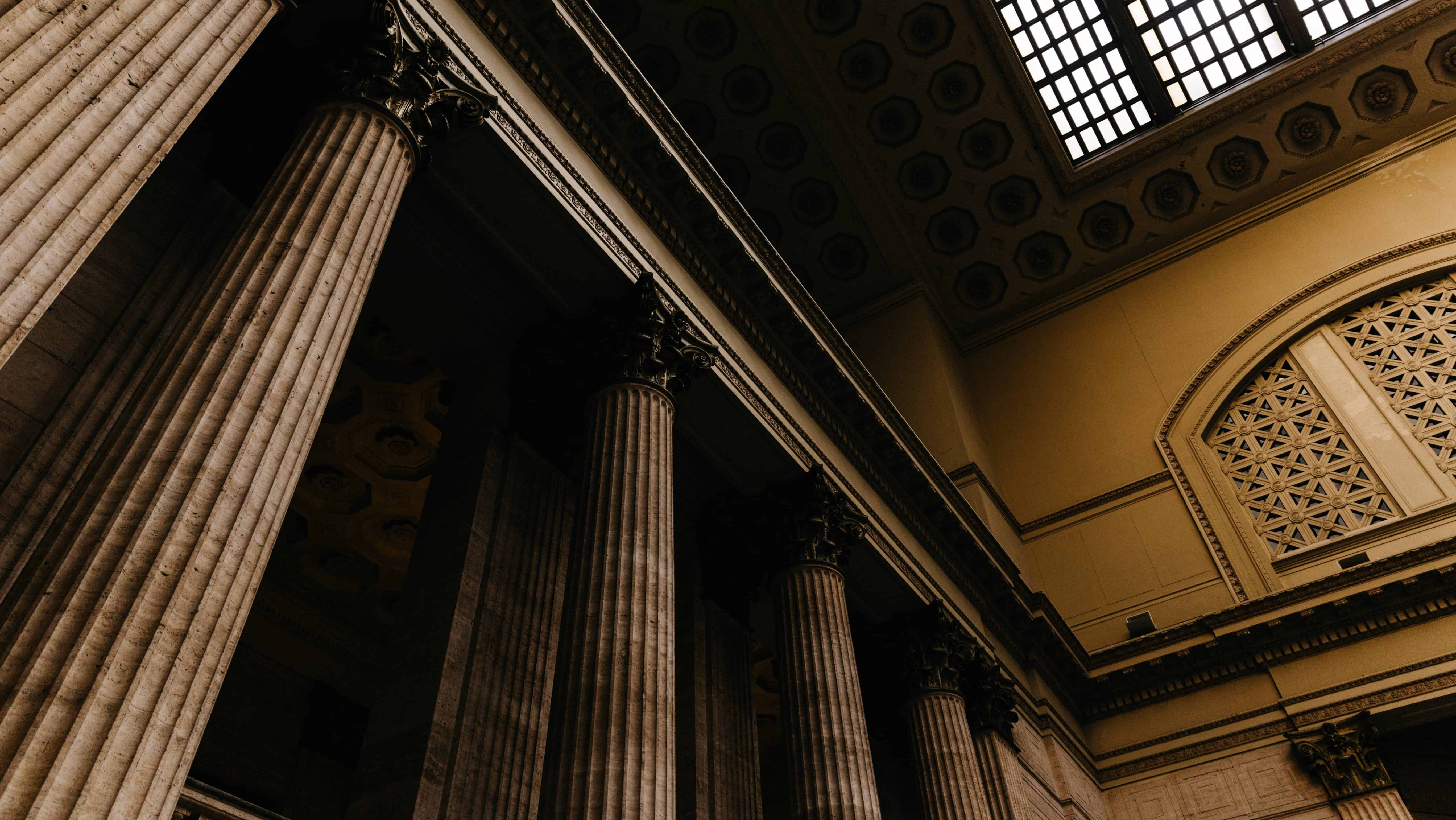As the saying goes, “ignorance of the law excuses no one.” It is a legal principle that holds even in the murky space of cryptocurrency trading.

With securities and commodities regulators almost unanimously asserting jurisdiction over cryptocurrencies under the theory that such products are securities or commodities, it follows that insider trading abuses in the space will be similarly policed. Every cryptocurrency trader doing business in the U.S. should be aware of relevant insider trading laws to avoid both wrong-doing, as well as any appearance of impropriety that could attract unwanted attention.
Insider trading is not defined or banned under a single U.S. statute. Rather, it is addressed through judicial interpretations of the federal statutory prohibitions on fraud in connection with the purchase or sale of securities or commodities.1
What is Insider Trading?
In general, these rules prohibit trading or the receipt of benefits based on material nonpublic information in violation of a duty of confidence.
Under “classic liability,” a company insider obtains material, nonpublic information and trades on the basis of that information.
The “Hot Tip”
In contrast, misappropriation liability, also known as “tipper liability,” can arise when one has a duty to keep certain material nonpublic information confidential, but communicates that information to someone else when it is reasonably likely they will trade on it. Similarly, “tippee liability” can arise when one trades on material nonpublic information obtained from someone whom they are aware has a duty to keep that information confidential.
Critically, though, trading on material, nonpublic information is not a per se violation of U.S. securities laws. Merely overhearing two strangers speaking in public about an impending corporate deal does not prevent one from lawfully trading a company’s securities based on that information.
Regulators will Investigate Insider Trading… Rules to Follow
Notwithstanding, these few seemingly obvious black-and-white scenarios, insider trading law exists in shades of gray. Where regulators believe a set of circumstances might reveal insider trading, they are often keen to launch an expensive and invasive investigation. Even good-faith transactions may invite regulatory scrutiny. The application of ever-evolving rules to murky factual scenarios creates pitfalls for the unwary.
Nevertheless, some basic principles can help traders steer clear of unwanted regulatory attention.
First, refrain from trading in your own product, absent particularized legal guidance. If you are a company insider, it is unwise to trade in your own coin offerings, or to trade in your coins on the secondary market, without first obtaining legal advice regarding whether your trading might constitute a ‘‘classical’’ insider trading violation.
Second, be cautious about trading on tips from friends that are insiders. If a duty of confidentiality attached to that information, trading on it may invite a regulatory inquiry. For example, if you hear about an impending move in a particular coin from a company insider, ask yourself: “Did that insider have a duty to keep that information confidential, but tell you anyway?” If so, don’t trade.
Third, if you are involved with a coin, do not inform others of your own product’s impending moves. Resist the temptation to give your friends tips about what your company might do with its coin; or about forks, splits, infusions, sellouts, or any other information. Such sharing may place you squarely in regulators’ crosshairs if your tippee trades on that information.
Fourth, avoid ‘‘cabals,’’ or buying or selling in unison to move market prices for coins. Even where groups are not trading on insider information, market manipulation is barred, and the regulators are watching.
Fifth and finally, anonymity will not protect you. Most cryptocurrency can be purchased using other cryptocurrency tied only to a wallet address, and in turn, tied to a false name. But regulators are more sophisticated than you might imagine and can discover the identities of even technically savvy bad actors. If you intentionally misuse anonymity to violate the law, additional penalties may apply — even criminal penalties. (While nobody should break the law as a general matter, it is particularly foolish to do so on a blockchain application, which is specifically designed to create an immutable and multi-locationed public record of your transaction.)
U.S. insider trading law is quite complex, and cryptocurrency law, much of which is untested and unsettled, only magnifies the complexity. But traders, especially insiders, should be wary and seek counsel. Good legal advice can be pricey. But failing to get advice ahead of a trade, and defending a lawsuit or a criminal prosecution can carry a far heavier cost.
1 For securities, the relevant statutory prohibitions are found under Section 10(b) of the Securities Exchange Act of 1934 and Rules 10-b5, 10b5-1, and 10b5-2 promulgated thereunder. For commodities, such as futures, options and swaps, the relevant statutory provisions are found under Section 6(c)(1) of the Commodities Exchange Act and Rules 180.1 and 180.2 promulgated thereunder.




